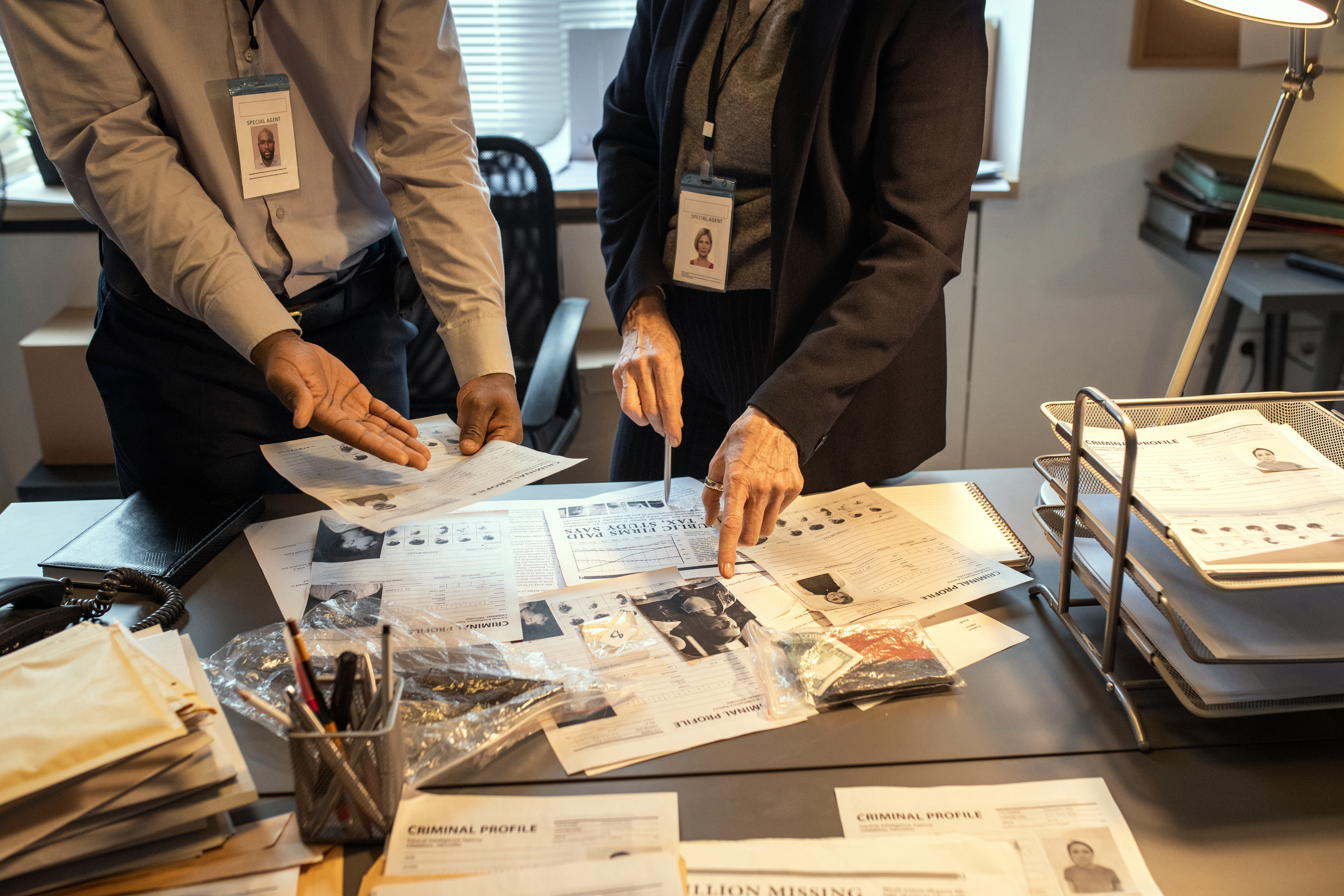
Criminal profiling has gained traction as a vital tool in solving complex crimes. The ability to decipher behavioral patterns and get into the minds of criminals is a crucial tool for law enforcement agencies.
If you have a passion for psychology and want to contribute to criminal justice, becoming a criminal profiler might be the perfect career path for you. Let’s explore how a degree in psychology, specifically forensic psychology, can lead to a rewarding career as a criminal profiler.
What is Criminal Profiling?
Criminal profiling is the process of analyzing crime scenes, evidence, and psychological factors to develop a psychological, behavioral, and demographic profile of a potential suspect. By understanding the motivations, emotional characteristics, and patterns of behavior, criminal profilers assist in narrowing down the suspect pool and helping investigations.
Profilers work closely with law enforcement agencies to provide insights based on their specialized knowledge and training. The ability to decipher behavioral patterns and anticipate an offender's next move is invaluable in solving complex cases.
Criminal profiling helps investigators prioritize leads, minimize investigative time, and ultimately apprehend the suspect. Whether it's investigating serial crimes, violent offenses, or terrorism, criminal profilers play a vital role in bringing criminals to justice.
Where do Criminal Profilers Work?
Criminal profilers work in various organizations and agencies. The most well-known organization is the Federal Bureau of Investigation (FBI), which maintains its own Behavioral Analysis Unit (BAU).
Alongside federal agencies, state and local law enforcement agencies also employ criminal profilers to help solve cases. Private agencies often hire profilers to work on unsolved cases or provide expert testimony in court. The versatility of this career allows criminal profilers to contribute their expertise across different areas of law enforcement.
The Role of Forensic Psychology
Forensic psychology serves as a bridge between psychology and the legal system. It encompasses the application of psychology in the field of criminal justice. Understanding the psychological processes behind criminal behavior is crucial for successful profiling.
Aspiring criminal profilers can benefit immensely from acquiring knowledge in abnormal psychology, criminal behavior, forensic assessment, and research methodology. These foundational concepts lay the groundwork for a comprehensive understanding of offender behavior.
Download our resource: What is Forensic Psychology to dig deeper. Discover additional career paths you can pursue with an MS in forensic psychology.
Pursuing a Degree in Forensic Psychology
Getting a degree in forensic psychology is a natural path to a career in criminal profiling. A forensic psychology degree program equips you with the necessary knowledge and skills to excel in this field.
The coursework typically covers subjects like abnormal psychology, criminal profiling, psychopathology, forensic assessment, and ethics in forensic psychology. A forensic psychology program gives you a deeper understanding of criminal behavior and its underlying psychological factors.
Transition to Job Opportunities as a Criminal Profiler
The combination of a degree in forensic psychology and an understanding of criminal profiling techniques opens up a world of job opportunities. With the increasing demand for professionals who possess in-depth psychological knowledge and investigative skills, the path to becoming a criminal profiler becomes clear.
Graduates can explore careers in federal, state, or local law enforcement agencies, intelligence agencies, or private consultancies specializing in profiling services. The demand for skilled criminal profilers continues to grow, making this an opportune time to pursue this rewarding career.
Forensic Psychology at Neumann University
The knowledge acquired through a forensic psychology degree program lays a strong foundation for understanding criminal behavior, analyzing crime scenes, and developing psychological profiles. It's an exciting and challenging career that combines the fields of psychology and criminal justice.
If you are passionate about understanding the minds of criminals, shaping investigations, and ultimately helping make communities safer, consider a degree in forensic psychology as your gateway to becoming a criminal profiler.
At Neumann University, our master’s in forensic psychology establishes our graduates as leaders in the field of criminal profiling. You will be an expert in the connection between psychology and the law, making you the perfect candidate for a role as a criminal profiler. The first step in knowing how to become a criminal profiler is knowing what degree will set you up for success.
Learn more about our master’s in forensic psychology when you download our guide: Making the Case for a Master's Degree in Forensic Psychology.
 CHALLENGE
CHALLENGE









